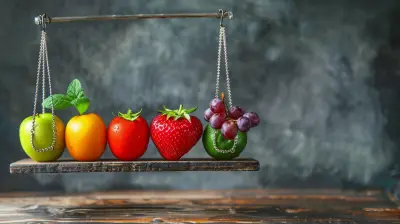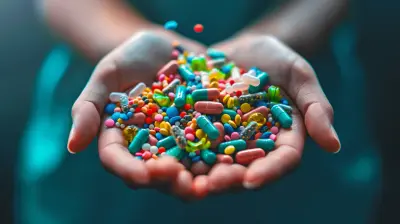How Traveling Affects Your Hydration Levels
12 August 2025
Traveling can be one of the most exciting and enriching experiences. Whether you're off on a tropical getaway, a business trip, or a rugged outdoor adventure, there's something magical about stepping into new surroundings. But amidst all the excitement, one crucial thing often gets overlooked—hydration.
Have you ever felt unusually tired, sluggish, or even dizzy while traveling? That could be dehydration sneaking up on you. The changes in environment, climate, and routine can all take a toll on your body's hydration levels, and if you’re not careful, you might find yourself battling headaches, fatigue, and other unpleasant symptoms.
So, how exactly does traveling affect your hydration, and what can you do to stay properly hydrated while on the move? Let’s dive in! 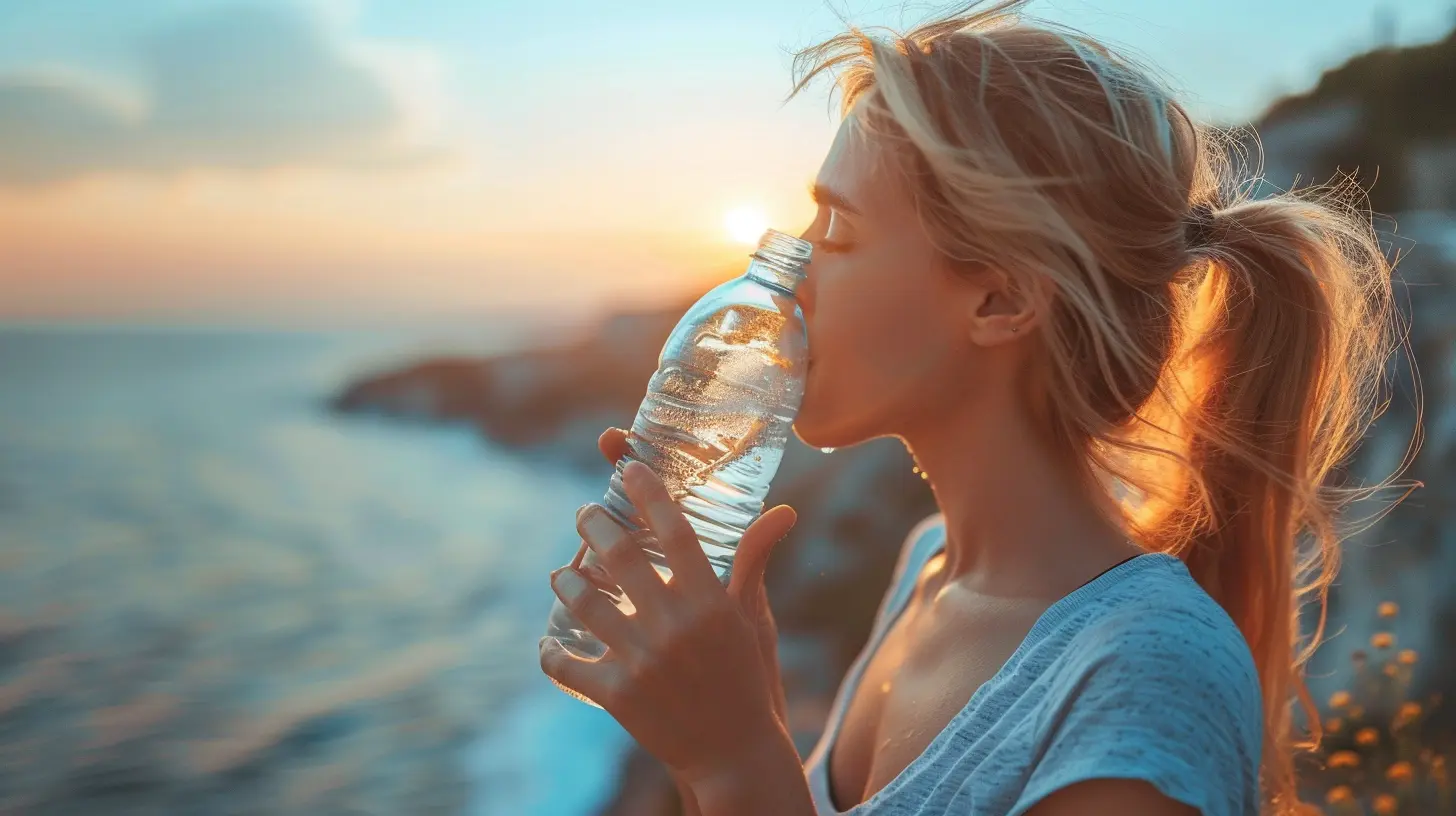
Why Hydration Matters More Than You Think
Before we get into how traveling impacts hydration, let’s talk about why staying hydrated is so important.Your body is made up of about 60% water, and almost every function—from digestion to temperature regulation—relies on it. When you're even mildly dehydrated, it can lead to:
- Fatigue and low energy
- Headaches and dizziness
- Dry skin and chapped lips
- Poor digestion and constipation
- Muscle cramps
- Mood swings and brain fog
Now, factor in the stress and unpredictability of travel, and you've got an even greater risk of running low on fluids. 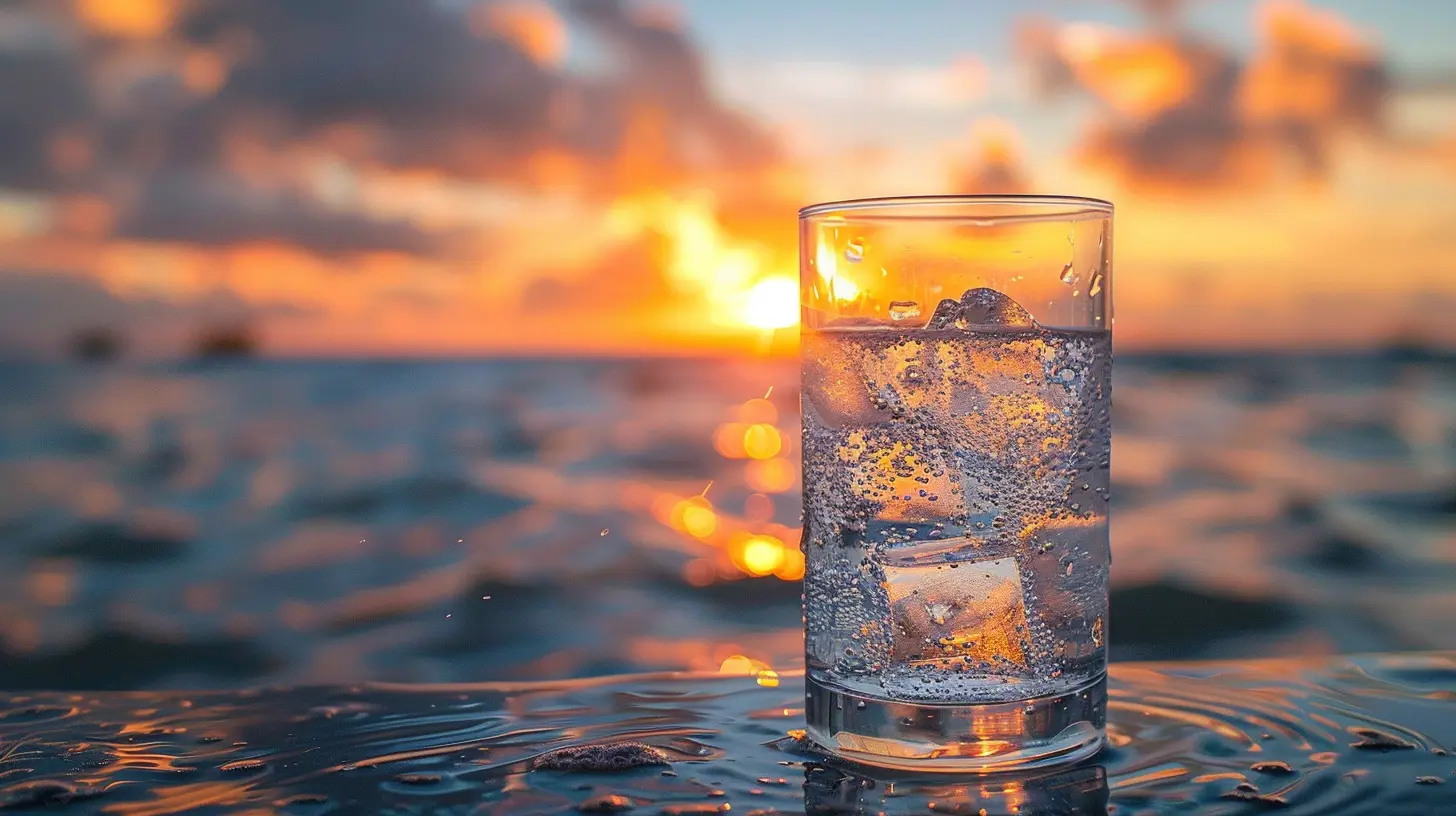
1. The Role of Air Travel in Dehydration
If you’ve ever taken a long-haul flight and felt parched, you’re not imagining things. Air travel is notorious for causing dehydration. But why?Low Humidity in Airplane Cabins
The air on airplanes is extremely dry, with humidity levels dropping as low as 10-20%—much lower than the 30-60% you’re used to on the ground. This causes moisture to evaporate from your skin and respiratory tract more quickly.Limited Water Consumption
Let’s be honest—how often do you actually drink enough water on a flight? With limited access to fluids, tiny water cups from flight attendants, and the hassle of getting up from a cramped seat, it’s easy to accidentally drink less than you should.Airplane Snacks and Drinks
Salty snacks and caffeinated or alcoholic beverages, which are common on flights, can make dehydration worse by pulling water from your body.How to Combat It:
- Bring your own large reusable water bottle and fill it up at the airport.
- Avoid excessive caffeine and alcohol.
- Snack on hydrating foods like fruits and veggies.
- Use a hydrating facial mist or moisturizer to prevent dry skin. 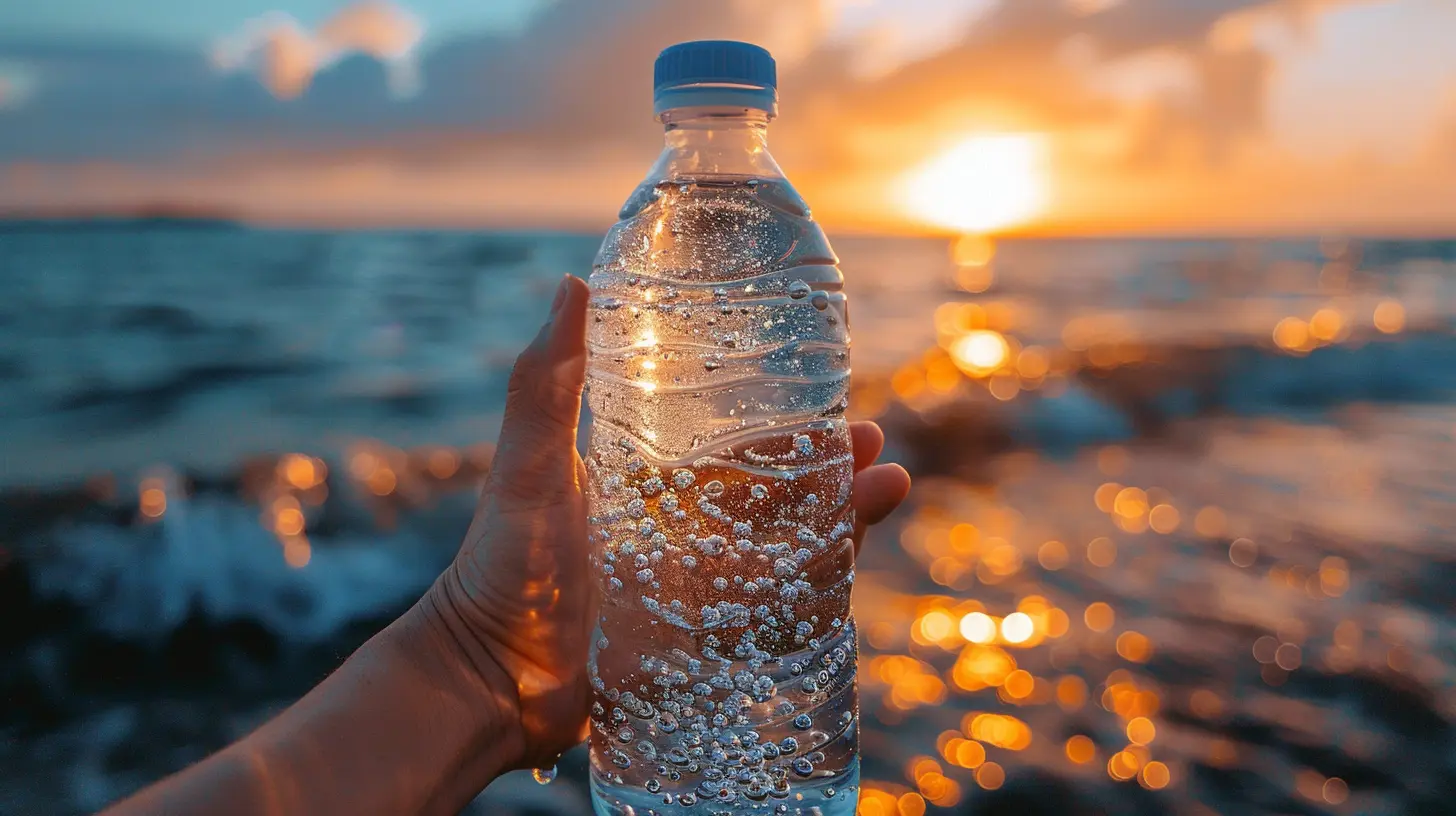
2. Climate and Weather Changes
Different travel destinations come with different climates, and your hydration needs change accordingly.Hot and Humid Destinations
If you’re heading to a tropical paradise or a desert destination, be prepared to sweat more, which means you're losing water at a faster rate. High temperatures and humidity can quickly lead to heat exhaustion or dehydration if you’re not replenishing fluids consistently.Cold and Dry Locations
Surprisingly, cold climates can also dehydrate you. The air in winter destinations tends to be drier, and when you breathe, your body loses moisture. Plus, because you're not sweating as much, you might not feel as thirsty—leading you to drink less than your body actually needs.How to Combat It:
- In hot climates, increase water intake and use electrolyte-rich beverages.
- In cold climates, drink warm herbal teas or hot water with lemon to maintain hydration.
- Always listen to your body's signals—thirst means you're already dehydrated! 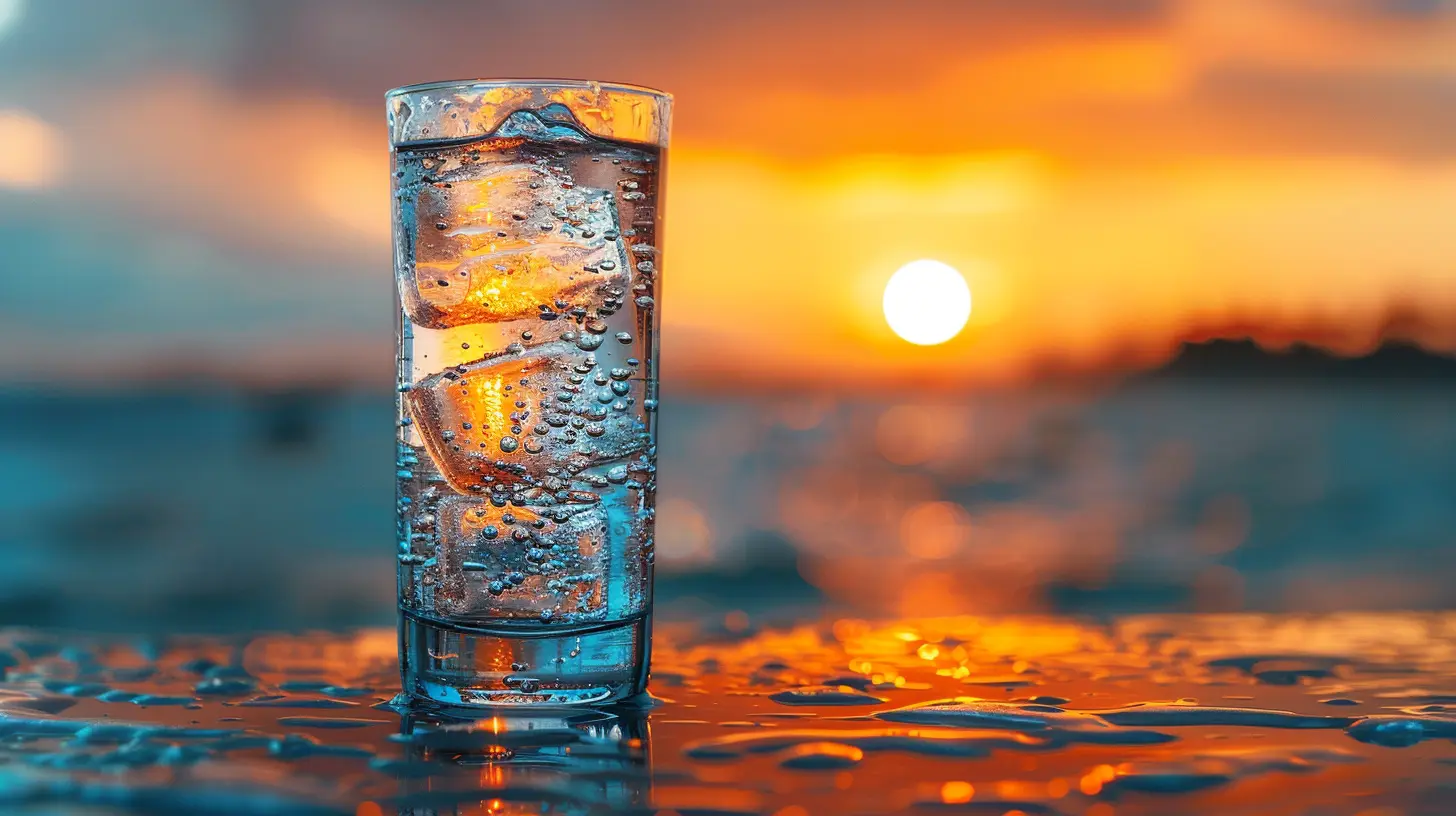
3. Increased Physical Activity
Hiking, sightseeing, walking through airports, or even just carrying luggage requires more activity than your usual routine. Increased movement means more sweating and water loss, especially if you're traveling in hot or high-altitude locations.How to Prevent Dehydration from Physical Activity
- Carry a portable water bottle at all times.- Set reminders to sip water frequently instead of waiting until you feel thirsty.
- If you’re doing intense activities, add electrolytes to your water to replace lost minerals.
4. Changes in Diet and Routine
Travel often throws our regular routines out the window. You might be trying new foods, eating at odd hours, or indulging in more alcohol than usual—all of which can affect hydration.Foods That Dehydrate You
- Salty foods (fried snacks, processed foods, fast food)- Caffeinated drinks (coffee, soda, energy drinks)
- Alcohol (wine, cocktails, beer)
Foods That Help Hydration
- Water-rich fruits and vegetables (cucumbers, watermelon, oranges, strawberries)- Soups and broths
- Coconut water (a great natural electrolyte booster)
Travel Tip: Try to balance indulgence with hydration. Enjoy that cocktail, but follow it up with a glass of water!
5. Time Zone Changes and Sleep Deprivation
Jet lag and poor sleep can also contribute to dehydration. When your sleep cycle is disrupted, your hormones (like those that regulate hydration and appetite) can be thrown off balance.How to Stay Hydrated Despite Jet Lag:
- Stick to a hydration schedule and sip water consistently.
- Limit caffeine and alcohol before bedtime.
- Use a humidifier or a facial mist if your skin feels dry.
6. Travel Stress and Dehydration
Travel days can be hectic—rushing to catch flights, changing itineraries, dealing with unexpected delays. Stress can increase cortisol levels, which in turn can contribute to dehydration.Simple Ways to Reduce Travel Stress and Stay Hydrated
- Always carry a water bottle as a visual reminder.- Take deep breaths and practice relaxation techniques.
- Snack on hydrating foods to keep energy levels stable.
Final Thoughts
Staying hydrated while traveling isn’t always easy, but it’s absolutely crucial for feeling your best on the road. Whether you're flying across continents, hiking in the mountains, or just road-tripping to a nearby town, your hydration levels can make or break your experience.So, next time you pack your bags, make sure staying hydrated is at the top of your travel checklist. Your body (and your mood) will thank you!
all images in this post were generated using AI tools
Category:
HydrationAuthor:

Jackson Mahoney
Discussion
rate this article
1 comments
Dana McAuley
Great insights! Staying hydrated while traveling is crucial for overall well-being. Thank you!
August 31, 2025 at 2:21 AM

Jackson Mahoney
Thank you for your feedback! Staying hydrated truly makes a difference while traveling. Safe journeys!

